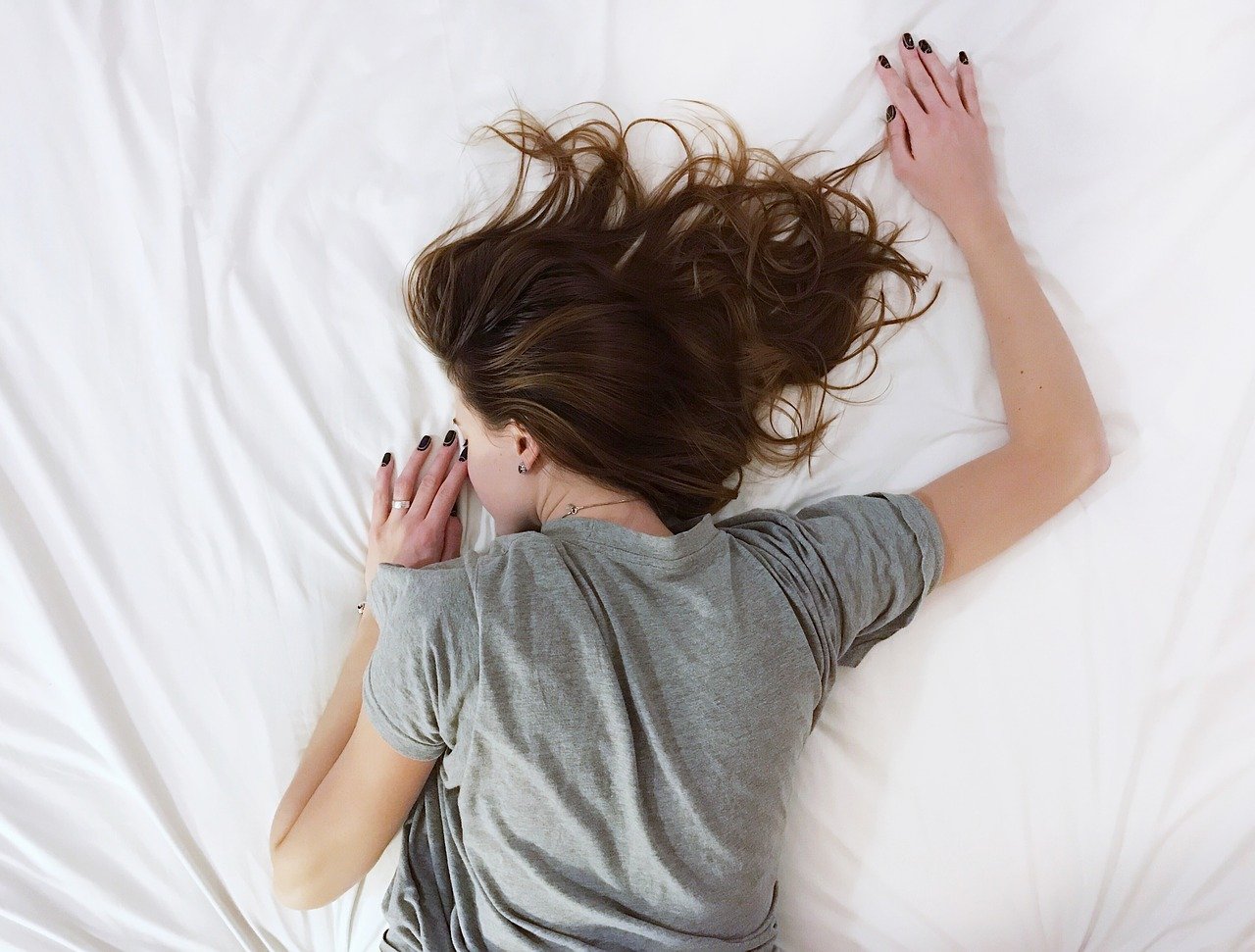Many people around the world suffer from sleep apnoea, but there are two main types. Both Central Sleep Apnoea (CSA) and Obstructive Sleep Apnoea (OSA) can cause severe health conditions, and if you suspect you have either of them, you should consult a medical professional. We’re going to break down the differences between CSA and OSA.
Obstructive Sleep Apnoea
People with Obstructive Sleep Apnoea have an obstacle in their airway, so as the walls of your throat narrow with relaxation during sleep, your regular breathing is interrupted. This obstruction can cause loud snoring, laboured breathing, and repeated short periods of gasping for air.
A study in 2013 showed that one in ten Australians suffer from undiagnosed obstructive sleep apnoea. OSA, therefore, is relatively common and can affect your quality of life. As the lack of oxygen triggers your brain to wake you from a deep sleep, either into being fully awake or in light sleep, you can feel fatigued during the day too.
Central Sleep Apnoea
Central Sleep Apnoea is much rarer and potentially more concerning than OSA. While shorter and frequent pauses in breathing are common for people with OSA, people with CSA find their breaks last for much longer and occur more frequently. Unlike the blocked airway for OSA patients, there is no blockage in the airways and no attempt to breathe for people with CSA. The audible sounds of loud snoring are less common. However, other symptoms, like insomnia, can offer indicators.
It is more dangerous because the lower levels of oxygen and carbon dioxide can slow circulation and even cause heart failure in extreme cases.
How can a CPAP machine help?
Continuous Positive Airway Pressure or ‘CPAP’ provides ventilation at a constant level of pressure, ensuring your airway doesn’t collapse while you sleep. The Sleep Health Foundation cites CPAP as ‘the most effective option’ for treating OSA. It can also help patients suffering from CSA. In all cases, you should consult your doctor for advice on diagnosis and treatment.
At ApneaSeal, we develop effective CPAP treatments by creating custom 3D fitted masks for sleep apnea machines. Get in touch today to find out more.

